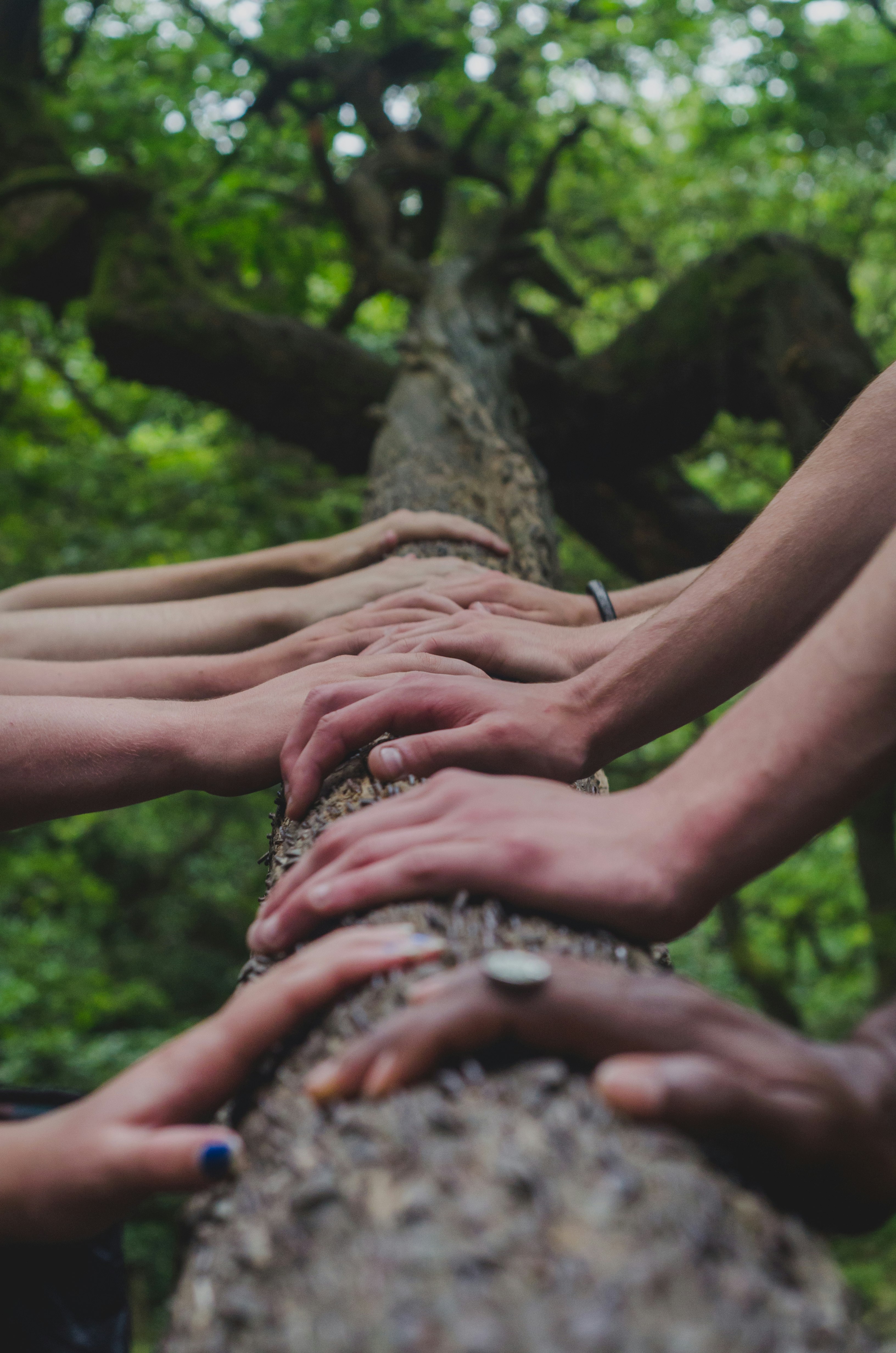Southern Gulf Islands Coalition
Did the Islands Trust Truly “Consult” Indigenous Groups?

Bob Wilson says No.
In his below video, please watch from the 2:08 min mark of the 3:06 segment where he asserts:
"The plans proposed by the Islands Trust are short-sighted and have used the words consultation with First Nations People to justify pushing their New Policy Actions.
We see nothing to support their claim to have consulted with First Nations People. We have not been consulted or acknowledged."
Bob Wilson Video
Coast Salish (Salt Spring) Letter
“The Indigenous people on Salt Spring the largest Island have not been consulted.
I raised the issue of practising my Indigenous rights on fee simple property that I own. The reason I am bringing this to your attention is that the intrusive and abusive Bylaw Enforcement activity occurring on the Islands should not be directed at Indigenous people as they have the right to conduct themselves within their defined rights."
-Daniel & Ryan, Salt Spring Island


“Paternalistic” Consultation
“The same report claims that, in forming the proposed policy, the Trust had over 160 “engagements” with First Nations yet it must also be noted (in your report) that:
these “160 engagements” included innumerable e-mail messages and phone calls as part of that number
there is no public record of the actual meetings held, attendees, agendas or resolutions achieved,
apparently all of these “engagements” preceded the preparation of the current draft document,
only 7 of the 30 First Nation communities participated in the process and their representatives were limited
to viewing a copy of the 2003 Islands Trust Policy Statement for consideration.
It appears that there has been precious little First Nations dialogue that can be elevated to the status of “engagement” in regards to the current draft Policy.
Although I AM an indigenous person, I see nothing wrong with my views being made public and ask that you amend your indigenous secrecy policy in my case and post this letter on-line with other public comments.”
-Dennis Perch South Pender Island
South Pender Island Local Trust Committee (LTC) Under Fire
In reference to the First Nations Reconciliation portion of proposed bylaw 123, I request it be postponed until First Nations have had an acceptable amount of time to contribute. There has not been meaningful consultation, discussion or agreement between the South Pender Island (LTC) and the First Nations for whom this land is considered sacred. Yet, the LTC is rushing forward with its own view of what it feels is appropriate reconciliation and pursuing it according to a schedule driven by the LTC that is not respectful of the timelines of Indigenous people.
I would also like to relate this proposed Bylaw to the First Nations Engagement Phase 2 described in the Islands 2050 Policy Statement Amendment Project because, in relation to First Nations reconciliation, Bylaw 123 is following the same incorrect path to enactment as the Islands Trust Policy Statement (which has now been acknowledged as flawed).
Trustee Wright has repeatedly claimed that he knows that local First Nations have no time to deal with this so it should proceed. First Nations disagree with his attitude and state that they want to be and deserve to be participants in our bylaw processes. More here.


Non-Indigenous Community “Party Crashers” ?
“First Nations should have respect and influence, but why shouldn’t property owners and residents also have respect and influence? Instead, they are treated like uninvited and unwelcome party crashers.
Worse, the new Policy Statement of equality even more blatantly contradicts itself by elevating the Islands Trust Trustees to the supreme status of absolute power over all aspects of life in the islands.
It brings to mind George Orwell's sobering sentence in his prophetic book Animal Farm -’All animals are equal. But Some Animals Are More Equal Than Others.‘“
-John, Salt Spring Island
If Not Indigenous or Other Island Residents, Then Who is the Islands Trust Listening To?
“Much of the new Policy Statement and its reference documents read more like an environmental activist handbook than possibly the thoughtful, respectful contributions from Indigenous participants.
There is little indication that comments from islanders have been taken to heart but the Trust has listened very carefully to one source. Among the contributors were two submissions from the Rainforest Conservation Foundation (RCF):
RCF submission May 6, 2021
Now our island economies and lifestyles have become the experimental playground of unsanctioned social activists and lobby groups. This is exactly the same colonial patronizing methodology that they claim to be eliminating.”
-Dennis Perch, South Pender Island

CONsulted First Nations?
We use cookies to improve your experience and to help us understand how you use our site. Please refer to our cookie notice and privacy policy for more information regarding cookies and other third-party tracking that may be enabled.
Southern Gulf Islands Coalition
© 2021 Southern Gulf Islands Coalition


